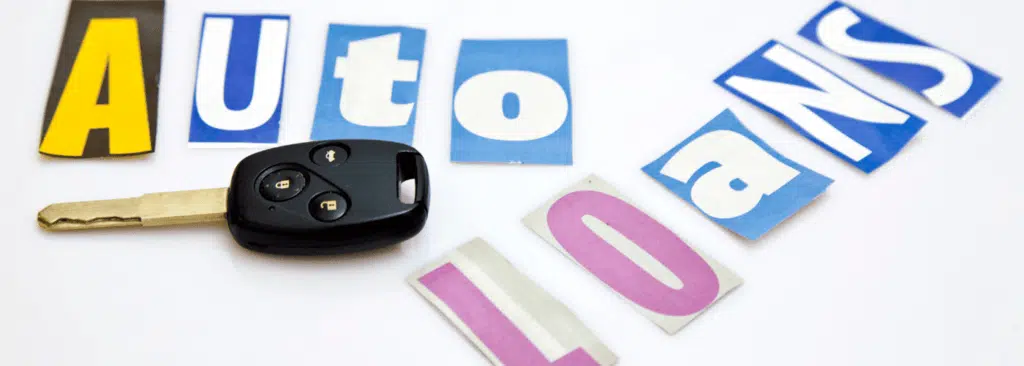Navigating the sea of automobile financing can often feel like decoding a complex puzzle. However, one of the cornerstones that hold this intricate picture together is the auto loan title. Much like a captain needs a compass, understanding the role is pivotal for anyone seeking to access the equity of their vehicle. In this article, we delve into the world of auto loan titles, unraveling their importance in your journey toward accessing your vehicle ownership.
Anchoring Ownership: The Role of a Car Loan Title
An auto title is a legal document that signifies the ownership of a vehicle. However, when you take out an auto loan, this title takes on a more significant role. Your vehicle title becomes collateral, essentially anchoring the agreement between you and the lender. The lender holds onto the title until the loan is fully repaid, after which it is transferred back to you. An auto loan title acts as a safety net for the lender while symbolizing your journey toward outright vehicle ownership.
The Journey from Lienholder to Owner
When an auto loan is initially granted, the lender becomes the lienholder, reflecting their financial interest in your vehicle. This status is an integral part of the auto loan process, signifying the lender’s right to repossess the car should repayments falter. Once the loan or pawn is fully repaid, the lender’s status as a lienholder is relinquished. This transition marks the end of your auto loan journey, with the title and complete ownership of the vehicle being transferred to you.
Decoding Your Loan Title
Auto loan titles aren’t just pieces of paper; they are packed with valuable information. Understanding these details can empower you in your auto loan journey. Here are a few key aspects contained in an auto loan title:
– Vehicle Information: This includes the make, model, year, and VIN (Vehicle Identification Number) of your car.
– Lienholder Information: If you have an auto loan, this section will contain the details of your lender.
– Ownership Information: Your name and address will be listed here.
Navigating Your Auto Loan Title Transfer
Once you’ve successfully repaid your auto loan, the title transfer process begins. This step is critical as it legally signifies the end of your loan or pawn and the beginning of your life as the outright owner of the vehicle. During this process, the lender will release their lien and provide you with the necessary documentation to transfer the title. Though this process varies by state, it typically involves submitting the lien release, completed title application, and a small fee to your local Department of Motor Vehicles (DMV).
Steering Clear of Pitfalls
Understanding the importance also involves being aware of potential pitfalls. One such challenge can be ‘title washing’, where the history of a damaged car is ‘washed’ to remove the lienholder information or alter the vehicle’s status. To steer clear of such issues, always ensure you’re dealing with reputable lenders and verify the vehicle’s history before purchasing.
In the vast sea of financing, an auto loan title is a compass guiding you toward the shore of complete vehicle ownership. It is an essential legal document that anchors the lender-borrower relationship, marking your progress as you navigate through your repayment journey.
In conclusion, understanding the role and importance of an auto loan title is a significant aspect of financing your vehicle. This legal document stands at the heart of your auto loan, encapsulating the lender’s interest, your progress towards outright ownership, and ultimately, the end of your financing journey. It’s crucial to be aware of the details contained in your title loan and be cognizant of potential pitfalls. Armed with this knowledge, you’re better equipped to navigate the world of auto financing, steering your course toward complete vehicle ownership.
FAQs
-
Can I sell my vehicle while it’s still under an auto loan?
Yes, but it can be complicated. As the vehicle is technically owned by the lienholder (the lender), you’ll need to settle your auto loan before transferring the title to a new owner.
-
What happens to the auto loan title if I refinance my loan?
If you refinance, the new lender pays off your original loan, effectively taking over as the lienholder. The car loan title is then transferred to them until the refinanced loan is fully repaid.
-
How long does the title transfer process take after I repay?
This can vary widely depending on your lender and state regulations. It can take anywhere from a few days to several weeks. It’s best to check with your lender and local DMV for more accurate timelines.
-
Can I take out another loan using the same auto loan title?
Yes, once the original is repaid, and the title is in your name, you can use it as collateral for another loan, provided that your lender approves.

